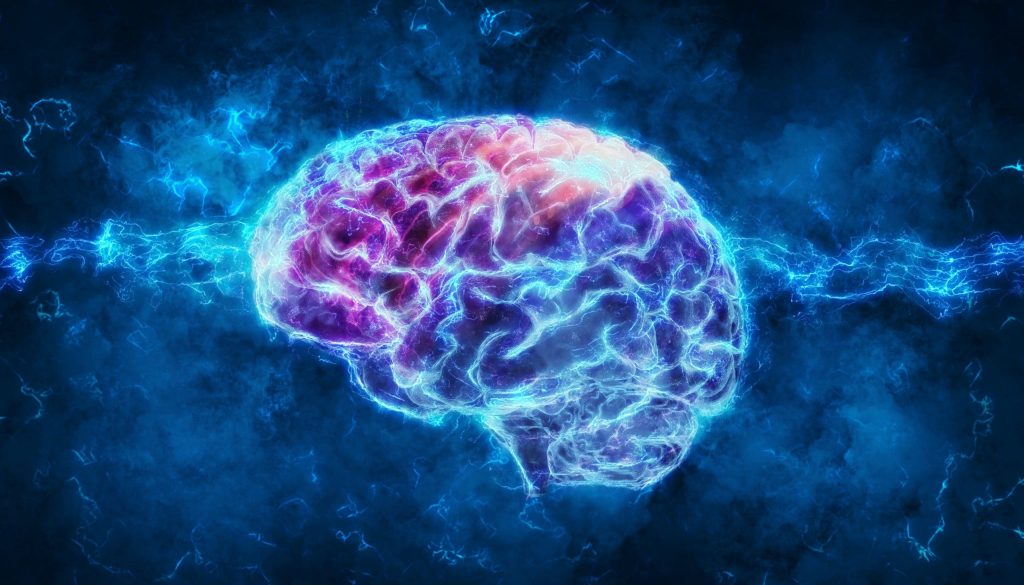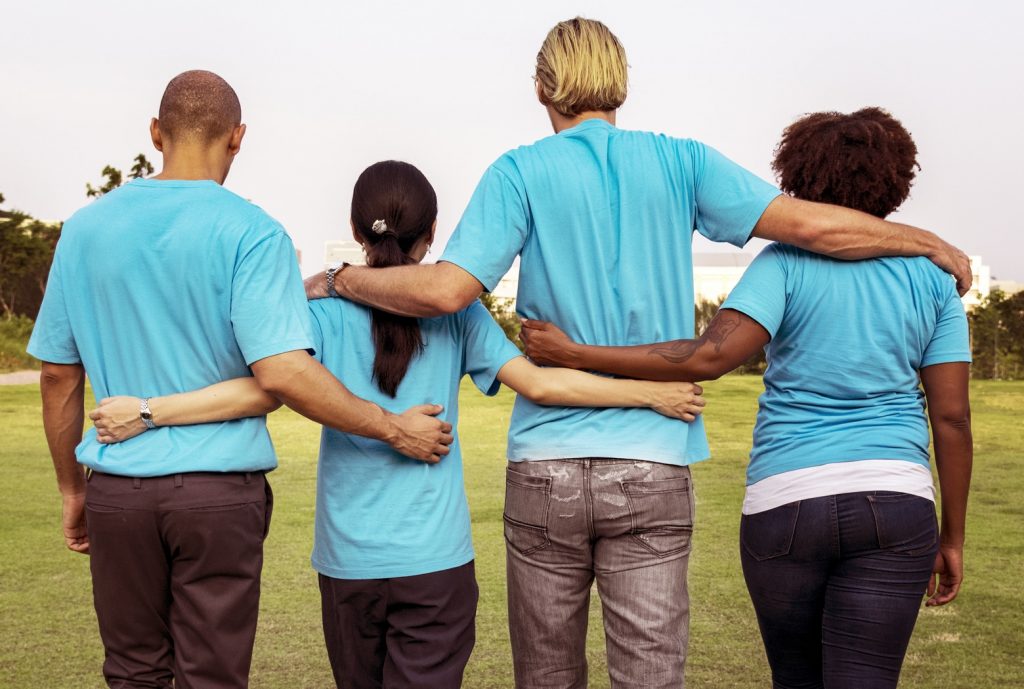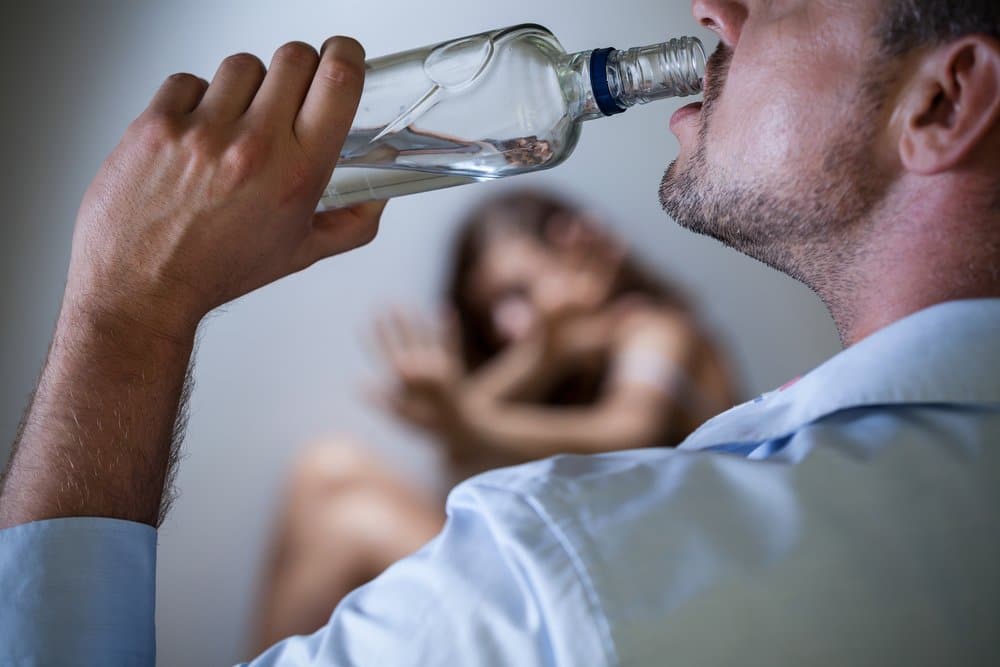Colleges and Drugs: What are the Popular Drugs to Look Out for in 2020?
For those who have been lucky enough to attend college, they know that it can be a very exciting experience. For some, the experience is mainly focused around the academic aspect and the desire to further their education. For others, while academia may still be a factor, the experience is more about what college itself has to offer; individual freedom, and the chance to make decisions without constant parental guidance, the opportunity to expand one’s social circle, and it is often a setting where experimentation with drugs or alcohol is common for a variety of different reasons, either for fun, to celebrate, for social reasons, or perhaps even to deal with the stress. Whatever the reason may be, it is no secret that for the majority of college students, college experience tends to be a place for experimentation, especially when it comes to alcohol and drugs.
What kinds of drugs do college students typically use on Texas campuses?
A recent study found that nearly 23 percent of college students reported using an illicit drug sometime within the past 30 days and more than 75 percent say it is very easy to buy drugs on campus. While this has always been an issue, it may be of even more concern today. In the year of 2020, as the coronavirus, the pandemic also commonly known as covid-19, has caused a shift in the way college campuses are currently being operated. With classes being shut down and having been moved to only online, students are finding themselves with more free time than ever. However, it is unclear how this may impact data as far as drug use among college students is concerned, but young adults will likely continue to seek-out and use drugs.

Here are some of the most popular drugs on college campuses to look out for in the United States during the year of 2020:
Alcohol
The National Institute on Alcohol Abuse and Alcoholism reports that alcohol is the substance that most people abuse in college, with 4 out of 5 college students drinking alcohol. To make matters worse, the majority of the college population are between the ages of 18 to 22, where 21 is the legal drinking age. More so, around half of the college students who drink also participate in binge drinking, which is where they consume four or more alcoholic beverages per hour.
Cocaine
Although the use of cocaine peaked around the mid 1980’s, it is still commonly found on college campuses. Cocaine is a highly addictive and illegal stimulant. College students reportedly use the drug at parties and clubs. While it is sometimes used by itself, the majority of college students say they combine it with other drugs like alcohol and marijuana at social gatherings. One study showed that 69 percent of users reported abusing the drug after entry into college.
Adderall and Ritalin
Adderall and Ritalin are both prescription medications often used for the treatment of ADD (Attention Deficit Disorder) and ADHD (Attention Deficit Hyperactivity Disorder). They have become the “study drug” of choice as both are known to have stimulating properties. College students are twice as likely to abuse prescription stimulants due to related workload stress. According to the 2017 results from the National Survey on Drug Use and Health, around 60% of young adults used prescription stimulants obtained from friends for non-medical purposes.

Marijuana or Synthetic Marijuana
Some other commonly abused drugs by college students are marijuana and synthetic marijuana. Many students report using these substances in order to relieve the stress associated with college life. It is often abused at parties or other social events. It is estimated that nearly 38 percent of college students use marijuana, according to Monitoring the Future, a survey that is used to measure adolescent drug and alcohol activity. Synthetic marijuana is also a commonly used substance among college students who want to achieve the same effects as marijuana without the legal risk, as synthetic marijuana strains are made in order to circumvent detection from law enforcement agencies.
Xanax & Benzodiazepines
Xanax, also known as alprazolam, is a benzodiazepine commonly prescribed for the treatment of anxiety. Since it is widely prescribed and widely used, it has become easily obtainable through illicit channels. College students are more likely to abuse anti-anxiety medications to deal with stress from college life. It is also commonly combined with other substances such as alcohol, or barbiturates and has been known to cause blackouts, leading to its us as a date-rape drug on college campuses as well.
Psychedelics
Psychedelics, such as mushrooms, ketamine, LSD, or acid, are another group of substances that are commonly abused by people attending college. Psychedelics are hallucinogens, and can cause extreme hallucinations, leading people to lose their sense of reality. The effects of psychedelics are often unpredictable, and can last anywhere from 2-48 hours. This combination can cause people to act erratically, resulting in things like paranoia and psychosis. Use among college students is popular as the report trying to escape from their everyday life, which can oftentimes be stressful.
Ecstasy
Along with the rise of raves and EDM culture, is the use of ecstasy, or “molly” among college kids. In part due to the increased popularity of the rave culture is the increased use of ecstasy, or other MDMA related drugs, among college students. Many report using the drug where alcohol is common, such as at parties, bars, music festivals, and raves. The euphoric feeling often associated with the substance is what leads students to using it in social settings. However, it can result in things like paranoia, dehydration, and it can even turn fatal in certain situations.

Drug use among college students is not a new problem.
These are just a few of the most commonly abused drugs by college students in Texas. Due to things like social experimentation, peer pressure, stress and childhood trauma, many college students turn to drugs or alcohol. If you or someone you know may be struggling with a substance use disorder, please do not hesitate to reach out for help! Many have been where you are before and they have gotten the help necessary to get back on track. College is a very rewarding experience, but we also know that it can be very stressful. There is no shame in asking for help! Call us anytime. We are here to help you.











